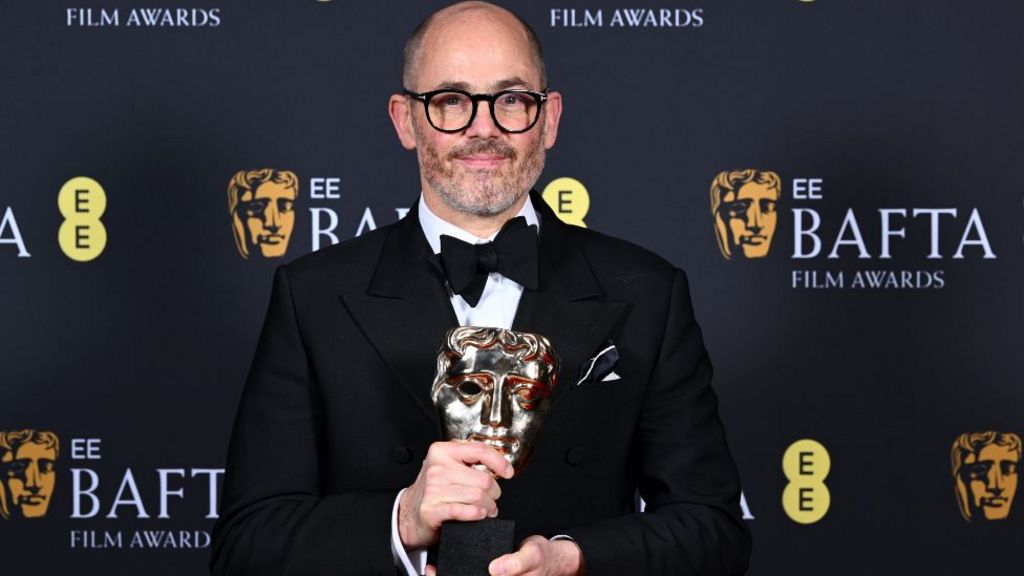
Shaznay Lewis: ‘I lacked the self-esteem to go solo’
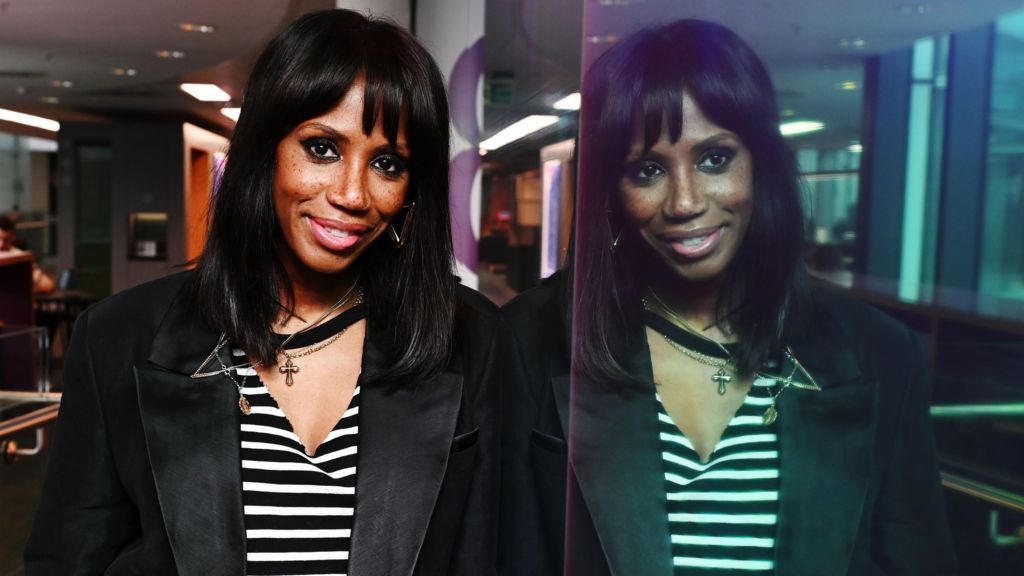
The last time Shaznay Lewis released a solo album, Friends had just aired its final episode, Facebook was sending its first friend requests, and Mean Girls was introducing the world to the concept of “fetch”.
It was 2004, and there were big expectations for Lewis’s solo career.
As the driving force behind All Saints, she had credits on era-defining pop songs like Never Ever and Pure Shores.
Her album, Open, boasted collaborations with Primal Scream and Basement Jaxx – but listeners expecting the sass and bite of All Saints’ biggest hits were left disappointed.
This was a more laid-back, sensual record, inspired by the funk and reggae Lewis grew up listening to.
Instead of late night Bootie Calls and morning after Black Coffees, the singer had penned love-struck odes to her fiancé on breezy ballads like Never Felt Like This Before and You.
Critics were harsh. Dotmusic called it “frustratingly ordinary”, while the Guardian said the album’s songs “vanish from the memory, leaving virtually no trace”.
It’s since been reappraised as an overlooked gem – but the record’s troubled genesis was explained in a song called Don’t Know What To Say.
Included on advance copies but cut from the commercial release, it found Lewis dealing with writers’ block, sitting paralysed in an expensive recording studio as panic set in.
“Wishing, hoping, praying, words will come easy / Well, not today,” she sang over an anxious beat.
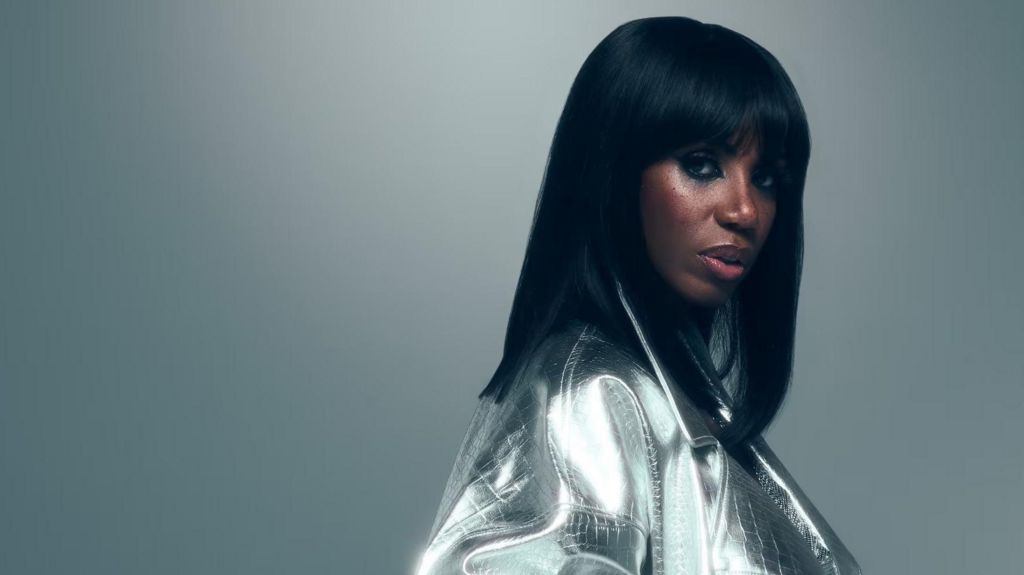
Two decades later, Lewis is back with a fresh sense of purpose.
“I’ve always been confident in my lane, but there was a lack of self-esteem,” she says.
“I think that’s probably why stayed in that bubble of being in a group for so long. I felt I was only useful in that situation. I didn’t have the self-esteem to do anything else.”
The transformation began with a song called Missiles, the opening track of her new album, Pages.
Over a commanding, imperial R&B groove, Lewis shakes off the nerves that plagued her last record.
“Take note of every single word I speak,” she demands. “I got revenge set in my sights.”
“I wrote it at the back of my garden – and I just remember being so excited to get into the studio and record it,” says the singer.
“Just from that melody alone, I knew that I wanted to start some sort of project. I wasn’t even thinking [about making an] album, it could have been a neat six songs, but I hadn’t felt that excited in a long time.”
When she played it to friends, they agreed.
“My boxing coach made me laugh,” she recalls. “He called it ‘All Saints on steroids’.”

Lewis has been writing music since she was 13, passing the time while waiting for her parents to return from their jobs as a dinner lady and a bus driver.
Her first effort was a “teenage love song” called Just My Luck, which she composed on a Commodore 64 home computer.
“You could stick a detachable piano keyboard on top of the keys, so I used to mess around with that,” she says.
When she wasn’t at school or practising football (she briefly played for Arsenal Ladies), Lewis would head to her local youth club, where a music teacher helped her create backing tracks for her early melodies.
“I learned so much about music there. I even learned to play drums – not that I’m Phil Collins or anything!”
When she was 18, she met Mel Blatt at the All Saints recording studio in west London and they formed All Saints 1.9.7.5. – the figures signifying the year they were born.
The group were signed and dropped by ZTT Records before they hired Canadian sisters Natalie and Nicole Appleton and became one of the UK’s biggest pop acts.
A cooler, more streetwise alternative to the Spice Girls, they sold millions of records, sparked a craze for combats, and steadfastly refused to play nice. After being criticised for performing pregnant, Blatt once snapped: “It’s a child, not a terminal illness.”
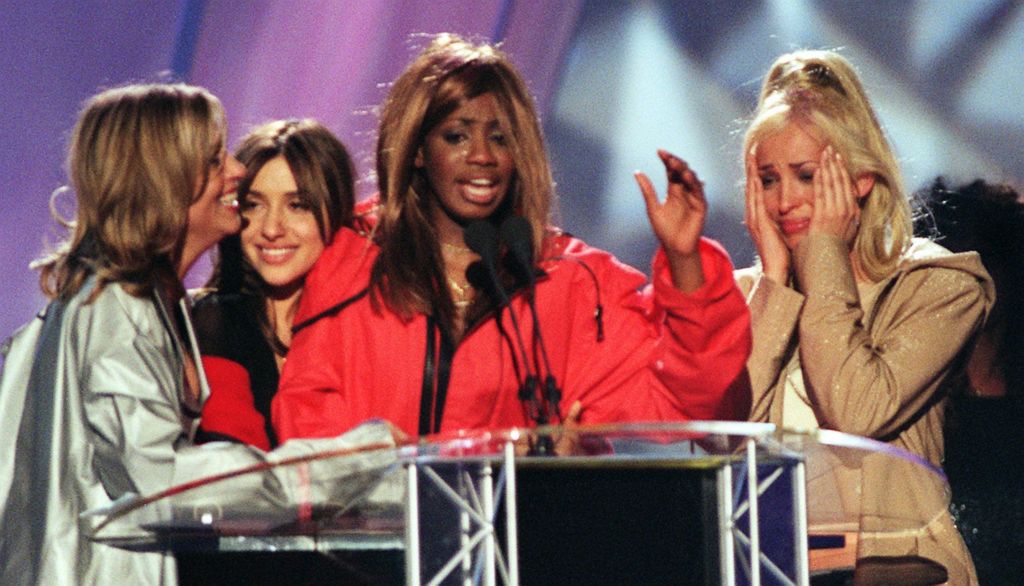
In 2001, however, the band imploded after a row about who got to wear a specific jacket at a photoshoot.
They’ve since patched up their differences. There have been more All Saints albums post-split than there were before it, and they’ve staged lucrative tours with fellow 90s survivors Take That and the Backstreet Boys.
“It’s fun being in a group,” says Lewis. “There’s a sort of pack mentality, a strength in numbers. But in the same breath, it’s also important to have your own identity.”
Bored by convention
That’s why this album has been so important. Emerging from a period of motherhood and working as a songwriter-for-hire, she needed to make music on her own terms.
“When you’re writing for other artists, there are all these other considerations that come before the importance the song,” she says.
“Will it be good on TikTok? Who’s going to sing it? Where will it get played? All these things that I just got bored of.”
She started the album with strict parameters. The songs came first, regardless of commercial viability, “and I knew I wanted it to sound lush and cinematic and dramatic”.
“That was my little bucket list.”
The framework allowed her to pursue songs that would never work in a group context.
The single Kiss Of Life is an epic slice of symphonic soul that’s dedicated to her children, while Good Mourning pairs galloping breakbeats with reggae toasting from General Levy.
Even bolder is Peaches, which presents an emotional account of the horrific Devil’s Punchbowl massacre of 1865 in Natchez, Mississippi.
“At the end of the [American] Civil War, thousands of freed slaves travelled north looking for work,” explains Lewis. “About 20,000 ended up in Mississippi, where they were sent to an area called the Devil’s Punchbowl – with no resources, no work, nothing.
“They were segregated, kept behind walls, and thousands of people died through starvation. And where they died, peach trees grew.
“The trees were abnormally large, but nobody dared eat the peaches because they knew the trees had grown on the bones of dead souls.
“It’s a really important part of history that just I wanted to write about,” she says.
Peaches is paralleled by the album’s following track, Awake (Motu), which warns about the erosion of civil rights during a period of global turmoil.
They’re not the sort of songs we’re used to hearing from Lewis – but her sense of ambition has paid off.
This time around, the Guardian has called her album “sumptuous”, “polished” and “self-assured”; and Retro Pop Magazine said it “showcases the versatility of one of British pop’s greats”.
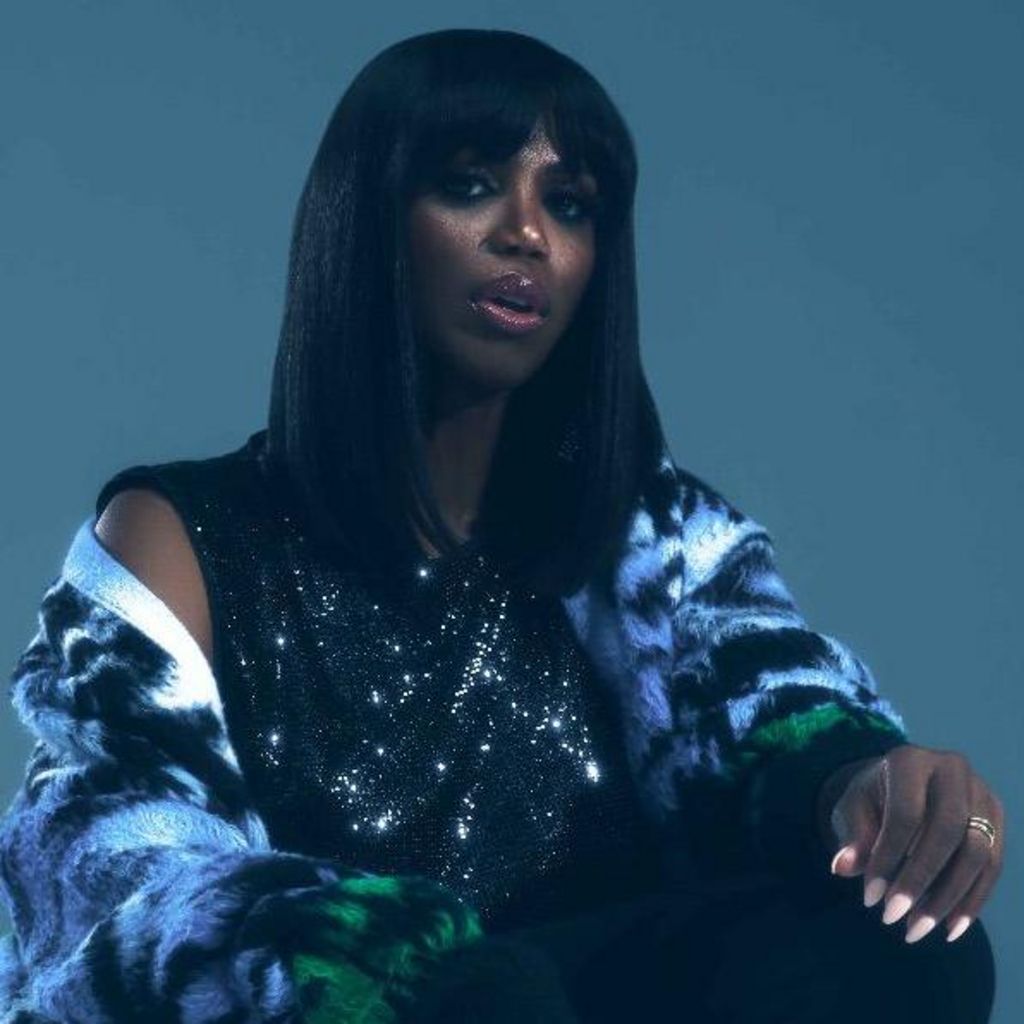
For Lewis, making the record was revelatory. It was while writing the song Pick You Up, with its core message of self-belief, that she realised how badly her own self-esteem had cratered.
“Once I realised it, then I could process it and work on it,” she says. “And if I hadn’t worked it out, I don’t think I’d have finished making the record.”
That realisation crystallised when she played in BBC Radio 2’s Piano Room, accompanied by the BBC Concert Orchestra, in February.
“I was quite nervous when I went in for the rehearsal,” she recalls. “Then I thought, ‘Shaz, you’ve spent all this time dreaming of this and now you’re lucky enough to have the opportunity’.
“So then I took it all in, and I was really chuffed to be there.
“I realised, if you take away all the distractions and go back to the simplicity of the girl who used to write by herself at home, without knowing anything that came with it, I still love being creative.
“I’m not bored of it any more.”







